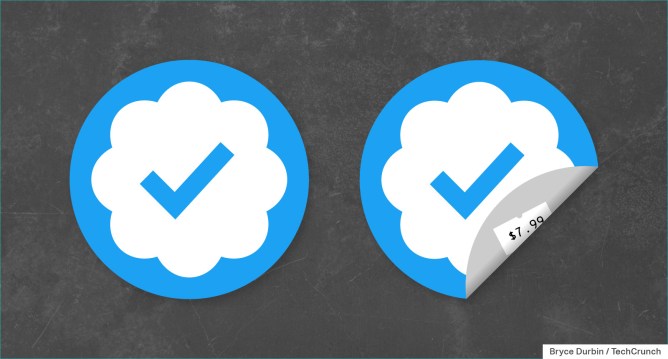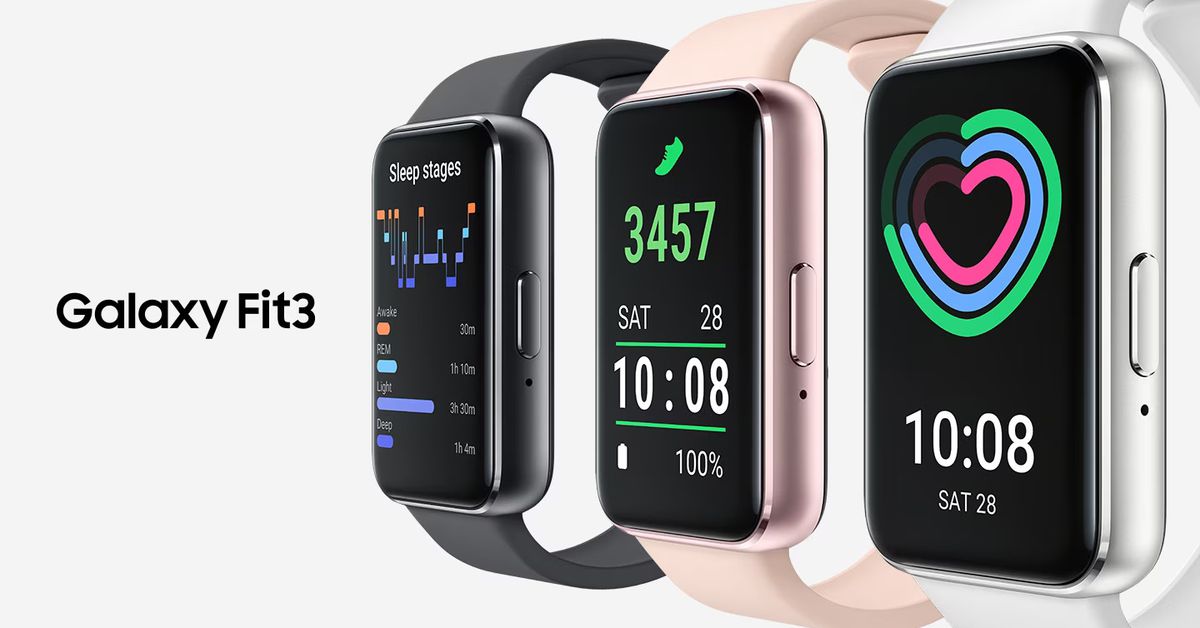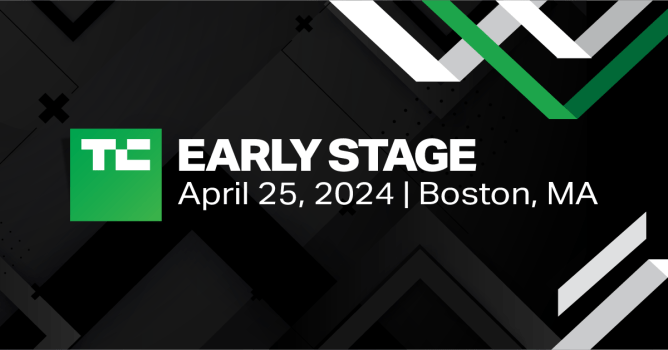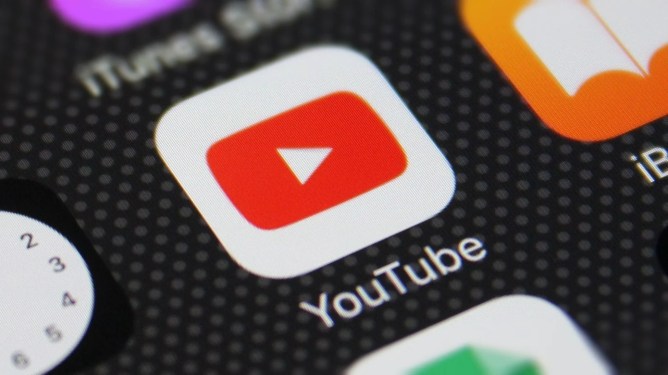The Growing Controversy Around Twitter Blue Checks: Implications for Sex Workers and Digital Censorship
In today’s digital landscape, few technologies have sparked as much controversy as Twitter Blue checks. The verification process, which allows users to add a blue checkmark to their bios, has become a polarizing topic due to its implications on privacy, security, and the broader internet economy.
For sex workers reliant on platforms like OnlyFans for income, Twitter Blue has become a fragile yet essential tool. Used as proof of legitimacy or verification against catfishing claims, it serves as both a lifeline and a potential gateway to exploitation. The process, often characterized by impersonation and identity theft, creates an uncomfortable balance between security and vulnerability.
Elon Musk’s promotion of Twitter has further complicated this dynamic. His influence ensures Twitter remains the go-to platform for sex workers seeking visibility and payment through OnlyFans subscriptions. Yet, the platform’s verification mechanism is not without its flaws, as even verified users can be targeted with impersonation tools like name changes to hide their blue checks.
The use of Blue checks has also raised concerns about censorship in digital spaces. Opponents argue that it reinforces a polarized online environment, where verification is seen as a biased form of support for Musk’s business interests rather than an impartial security measure.
As the digital age evolves, the tension between privacy and accountability continues to shape discussions on platforms like Twitter. Whether seen as a tool or a barrier, the Blue check remains a significant marker in today’s internet culture.



